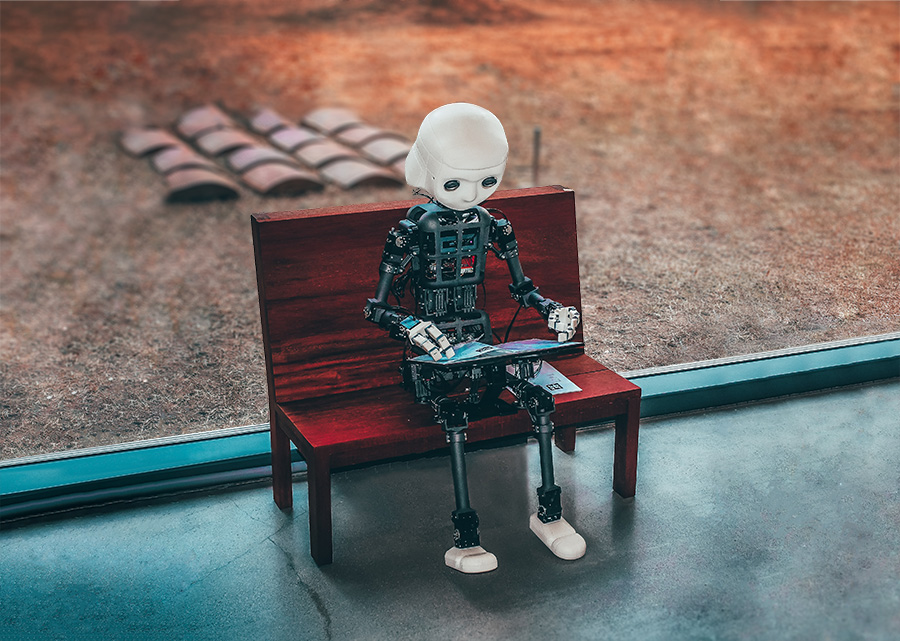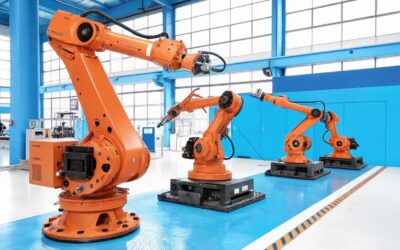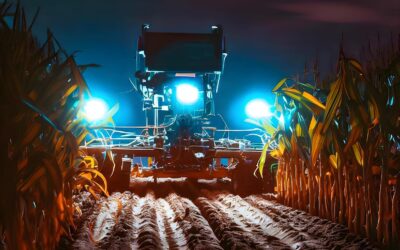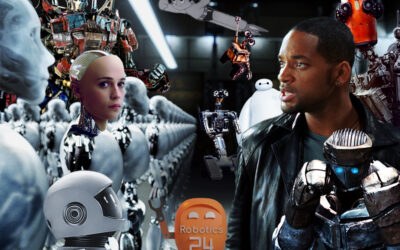Plural ➝ Artificial Intelligence
Noun
- The simulation of human intelligence in machines to perform tasks such as learning, decision-making, problem-solving, visual perception and natural language processing.
- The branch of computer science that deals with the development of algorithms and systems that enable to think for itself and learn from experience.
Etymology
The term “Artificial Intelligence” was coined by John McCarthy in 1956 during the Dartmouth Conference, to describe the field of study that aims to create machines that can perform tasks that would normally require human mind, such as understanding natural language and recognizing objects.
The word “artificial” refers to the fact that the intelligence is created by humans rather than occurring naturally, and “intelligence” refers to the ability to learn and solve problems.
The concept of creating intelligent machines has been an aspiration of humanity since ancient times.
Synonyms
Machine Intelligence, Computer Intelligence, Cognitive Computing, Intelligent Systems
Antonyms
Natural Intelligence, Human Intelligence
Pronunciation
/ˌɑː.tɪ.fɪʃ.əl ɪnˈtel.ɪ.dʒəns/
ar-tuh-fish-uhl in-tel-i-juhns
Related terms
Machine learning, Neural networks, Robotics, Deep learning, Natural language processing (NLP), Cognitive Computing
Derivatives
- ANI (Artificial Narrow Intelligence)
- AGI (Artificial General Intelligence)
- ASI (Artificial Super Intelligence)
- EAI (Emotional Artificial Intelligence)
Example Sentences
The AI system was able to accurately predict which patients were at risk of developing complications.
Smartphones are now embedded with Artificial Intelligence that recognizes faces, translates languages and detects spam emails.
AI powers many apps and services we use daily including recommendation systems on Netflix, Siri and Alexa.
Curiosities
- AI has been used to create artwork, music, and even poetry.
- Deep Blue was the first computer system to beat a chess champion in 1997.
- AlphaFold solved a 50-year-old grand challenge in biology by determining how proteins fold into 3D structures.
- An AI learned to create new AI’s in a matter of hours with no human supervision.
Analogies
AI is like a brain for machines, enabling them to think and learn like humans.
Artificial intelligence is to human intelligence as artificial flowers are to natural flowers.
Quotations
“The development of full artificial intelligence could spell the end of the human race….It would take off on its own, and re-design itself at an ever-increasing rate. Humans, who are limited by slow biological evolution, couldn’t compete and would be superseded”
Stephen Hawking
“Artificial intelligence would be the ultimate version of Google. The ultimate search engine that would understand everything on the Web. It would understand exactly what you wanted, and it would give you the right thing. We’re nowhere near doing that now. However, we can get incrementally closer to that, and that is basically what we work on”
Larry Page, Co-founder of Google
“The real question is, when will we draft an artificial intelligence bill of rights? What will that consist of? And who will get to decide that?”
Gray Scott
“I visualise a time when we will be to robots what dogs are to humans, and I’m rooting for the machines”
Claude Shannon
Fields of Application
- Transportation (Autonomous Vehicles),
- Healthcare (Diagnosis, Drug Discovery)
- Education (Personalized Learning)
- Customer Service (Chatbots)
- Finance (Automated Trading, detect fraud)
- Agriculture ( Robot Farming)
- Defense ( Drone Swarms)
- Space Exploration (Space Robots)
Frequently Asked Questions
How does AI differ from human intelligence?
AI differs from human intelligence in that it is based on mathematical algorithms and statistical models, whereas human intelligence is based on the neural networks of the brain.
AI systems can perform tasks quickly and efficiently, but they can be limited in their ability to adapt to new situations, whereas human intelligence is more flexible and able to incorporate a broader range of knowledge and experiences.
What is the difference between AI and machine learning?
AI is a broad field that encompasses many different technologies, including machine learning. Machine learning is a subset of AI that involves training machines to learn from data and improve their performance over time.
What are some examples of AI in everyday life?
Some examples of AI in everyday life include virtual assistants like Siri and Alexa, generative AI of texts and images such as ChatGPT and Midjourney, recommendation systems like those used by Netflix and Amazon, and image recognition technology used by social media platforms.
Can AI replace human jobs?
AI has the potential to automate many jobs that are currently performed by humans, but it is also creating new jobs in fields such as data science and AI development.




